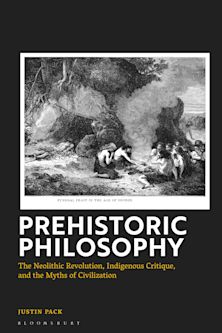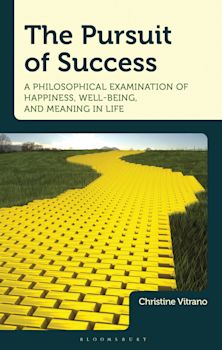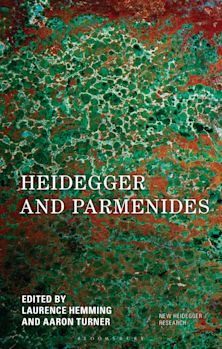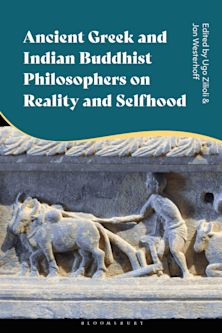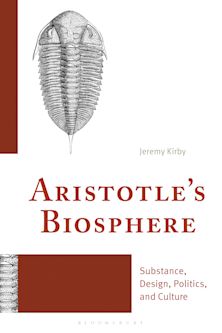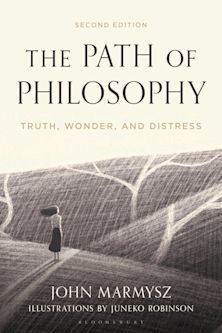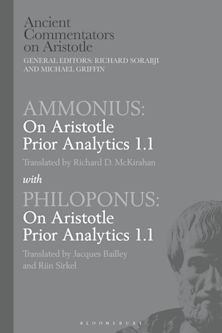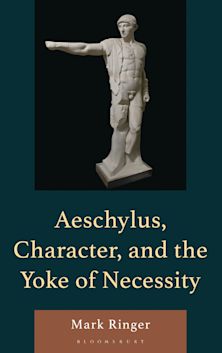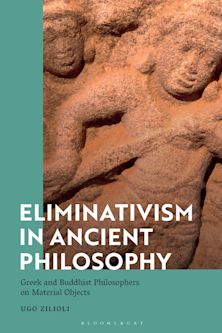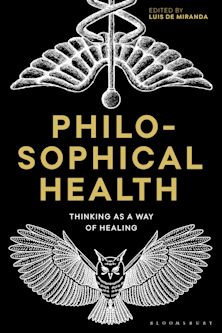Plato and Plotinus on Mysticism, Epistemology, and Ethics
Plato and Plotinus on Mysticism, Epistemology, and Ethics
This product is usually dispatched within 2-4 weeks
- Delivery and returns info
-
Flat rate of $10.00 for shipping anywhere in Australia
Description
This book argues against the common view that there are no essential differences between Plato and the Neoplatonist philosopher, Plotinus, on the issues of mysticism, epistemology, and ethics. Beginning by examining the ways in which Plato and Plotinus claim that it is possible to have an ultimate experience that answers the most significant philosophical questions, David J. Yount provides an extended analysis of why we should interpret both philosophers as mystics. The book then moves on to demonstrate that both philosophers share a belief in non-discursive knowledge and the methods to attain it, including dialectic and recollection, and shows that they do not essentially differ on any significant views on ethics.
Making extensive use of primary and secondary sources, Plato and Plotinus on Mysticism, Epistemology and Ethics shows the similarities between the thought of these two philosophers on a variety of philosophical questions, such as meditation, divination, wisdom, knowledge, truth, happiness and love.
Table of Contents
Introduction
1. The Ultimate Experience: The Evidence of Mysticism in Plato and Plotinus
2. Epistemology: Plato and Plotinus on Knowledge
3. Ethics: Plato and Plotinus on Happiness, How to Live, and How Not to Live
4. Conclusion
Notes
Bibliography
Index Locorum
General Index
Product details

| Published | 23 Aug 2018 |
|---|---|
| Format | Paperback |
| Edition | 1st |
| Extent | 320 |
| ISBN | 9781350082182 |
| Imprint | Bloomsbury Academic |
| Dimensions | 234 x 156 mm |
| Series | Bloomsbury Studies in Ancient Philosophy |
| Publisher | Bloomsbury Publishing |
Reviews

ONLINE RESOURCES
Bloomsbury Collections
This book is available on Bloomsbury Collections where your library has access.












